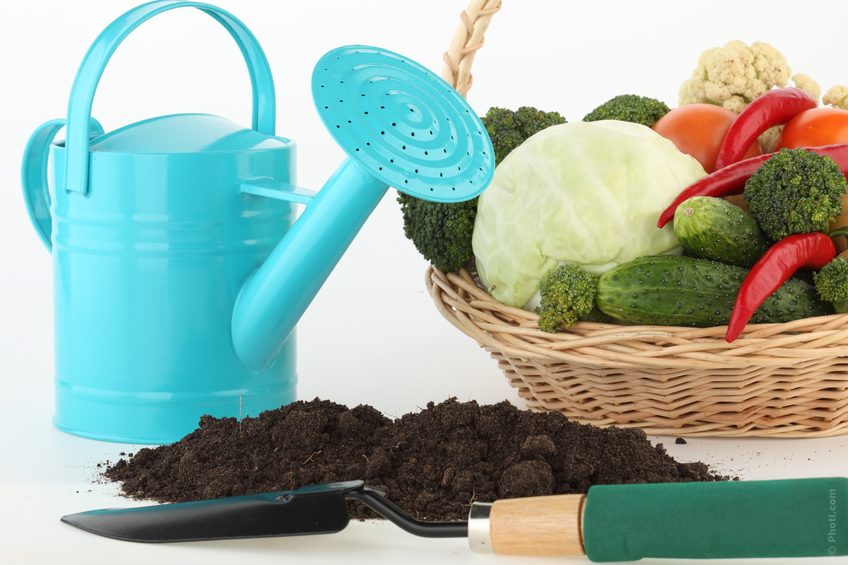
How to Create a Successful and Healthy Garden
 Many people who love gardening have wondered what's the difference between: inorganic nutrients and organic nutrients? The difference is simple: Organic nutrients are natural nutrients that decompose in the soil and break down over time. Inorganic nutrients do not break down over time, they can't decompose and they are often bad for a plants health plus they also find their way onto the dinner table of the person who grows them. Inorganic nutrients also contain chemicals that have been known to pollute the environment like: kerosene, grease, alkaline, plastic and many pesticides. In general, organic nutrients are healthier for both the plants and the humans who comsume them.
Many people who love gardening have wondered what's the difference between: inorganic nutrients and organic nutrients? The difference is simple: Organic nutrients are natural nutrients that decompose in the soil and break down over time. Inorganic nutrients do not break down over time, they can't decompose and they are often bad for a plants health plus they also find their way onto the dinner table of the person who grows them. Inorganic nutrients also contain chemicals that have been known to pollute the environment like: kerosene, grease, alkaline, plastic and many pesticides. In general, organic nutrients are healthier for both the plants and the humans who comsume them.
It’s All about Macronutrients
All organic nutrients contain macronutrients like: potassium, nitrogen and phosphorus. When there are grouped together, they play a vital role in the development a plants life and are the backbone of organic plant food on the market today. Macronutrients also help to ensure a plants leafy green growth, development and successful blooming plus enhancement of the plants cell production, bigger fruit and more flowers.
Composting
Gardeners can help to ensure more organic nutrients and macronutrients in their soil by composting dead plants, debris, grass, coffee grounds, organic waste from inside their home and any other organic materials. By composting, a gardener will help to ensure more micronutrients in their soil like: boron, iron, chlorine, zinc, and manganese. It's also important to use manure in the soil as well to because, manure when it's used in the soil, also helps to add key macronutrients that every garden needs.
Crop Rotation
Any gardener can ensure the successful development of macronutrients and micronutrients in the garden by rotating their crops every single year and never planting the same crops in the same soil year after year. To ensure which crops will grow best in your soil check with resources like the farmer’s almanac or research crops online.
